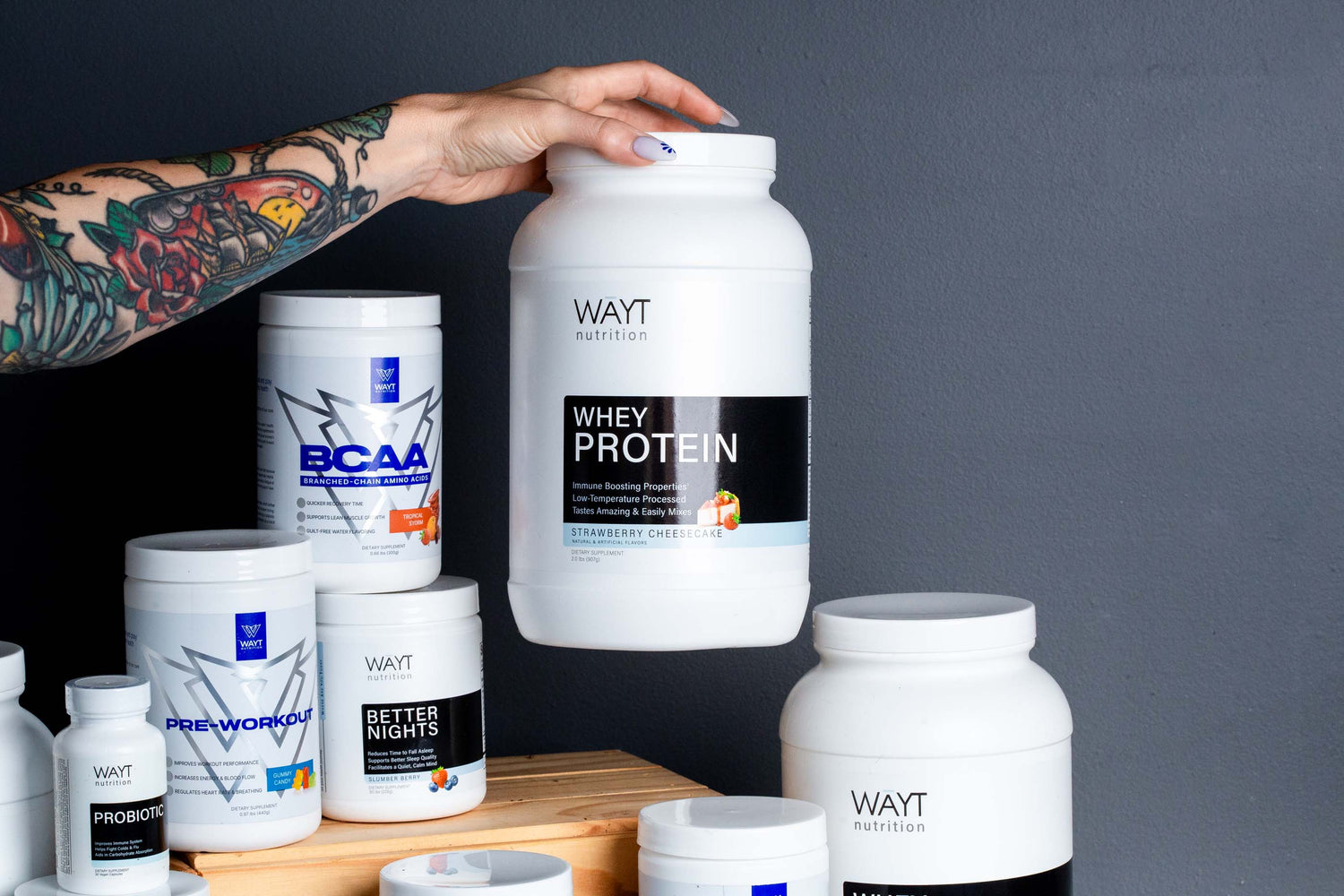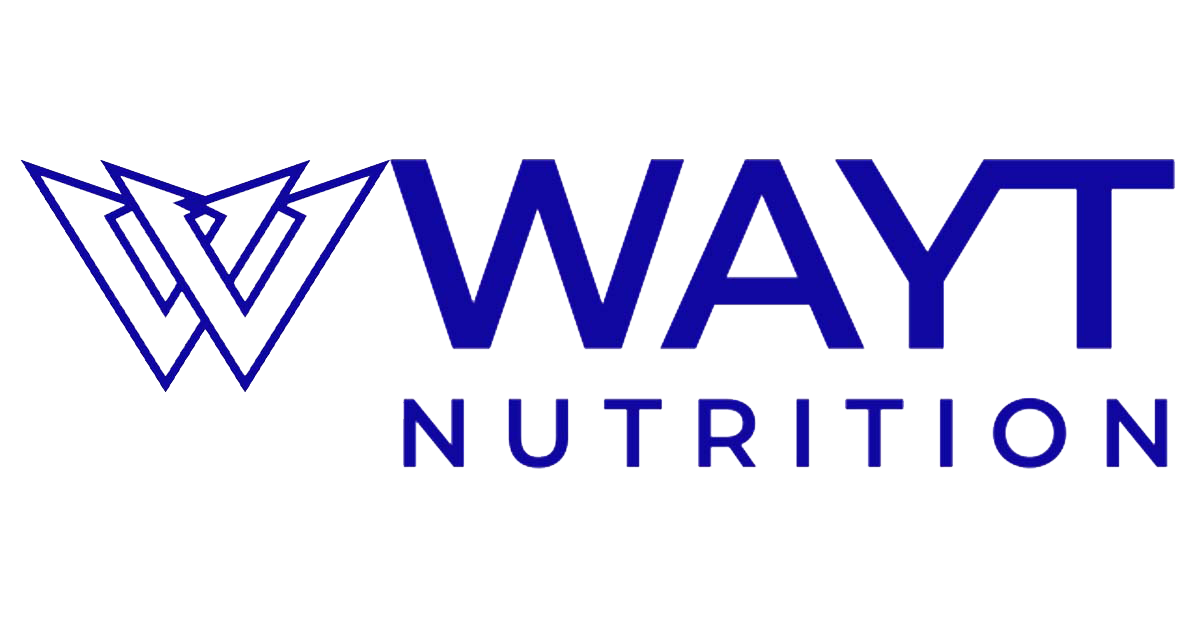It's no secret that once we hit 50-years-old, our bodies aren't bouncing back like they used to. Whether you're noticing more visceral belly fat, sluggish energy, or a low mood, it could all point to a combination of age, genetics, environment, lifestyle choices, and diet. Optimize your health by packing in the proper nutrition and preventing some of the signs of aging with tips for diet after 50.
Boost Your Metabolism
As we age, our metabolisms naturally slow down and can contribute to the loss of muscle mass. Studies show that your introductory metabolism rate (BMR) decreases by 2% per decade after you reach 20-years-old. Getting in more exercise is one place to start; however, you can also eat more fiber to help your body stayed fueled longer.
Eating enough protein and sleeping well are also cornerstones of good health and active metabolism. If you're concerned about getting enough protein, a daily supplement can also help keep your nutrition in check.

Help Prevent Cognitive Decline
The Mediterranean diet that emphasizes more whole grains, fruits, vegetables, seafood, beans, and nuts is shown to help reduce inflammation and potential impact of cognitive decline. The diet also has the added benefit of reducing the accumulation of belly fat and keeping your body at an optimal weight. Try it as a diet after 50 and combine it with plenty of exercises to see results.
Protect Your Bone Health
Our bodies are adept at naturally removing old bone and replacing it with new; however, by age 40, less bone is regenerated, and our bone breakdown outpaces the stimulation of new bone. By age 50, people need to be more concerned about bone loss leading to issues like osteoporosis and leave our lungs and heart at risk, as well. Eating more foods rich in calcium and vitamin D is essential while staying active with walking, tennis, jogging, and other exercises.
Improve Your Mood
People from ages 45 to 64 are more likely to develop depression, especially if it's coupled with stressful events, a family history of depression, or having a traumatic past. Although a good diet should not replace the need for therapy and other treatment, eating the right foods can help. Eating more plants and whole foods can help improve your diet after 50, including fruits, veggies, whole grains, lean proteins, and nuts. Avoiding sugary processed foods and meats could also improve your mood.
Kickstart Your Digestion
Our digestive system and the series of muscle contractions that keep food moving through our body can slow down as we age. Constipation is a common side effect but can be improved with more fiber and avoiding too much dairy, leading to stomach troubles. A high-quality probiotic supplement could help and plenty of water and stay active.

From the right supplements to better diet choices, you can optimize your health as you age. We offer free health, fitness, and exercise coaching because supplements alone never work, and our focus is to empower our customers. Ready to retake control of your health and empower your body? Browse our selection of supplements here to improve your diet after 50.


2 comments
Hi waytnutrition.com owner, Your posts are always informative and well-explained.
I just turned 60 I weigh 176 and have asthma and thyroid problems! How can I get down to atleast 140 and be more energetic!